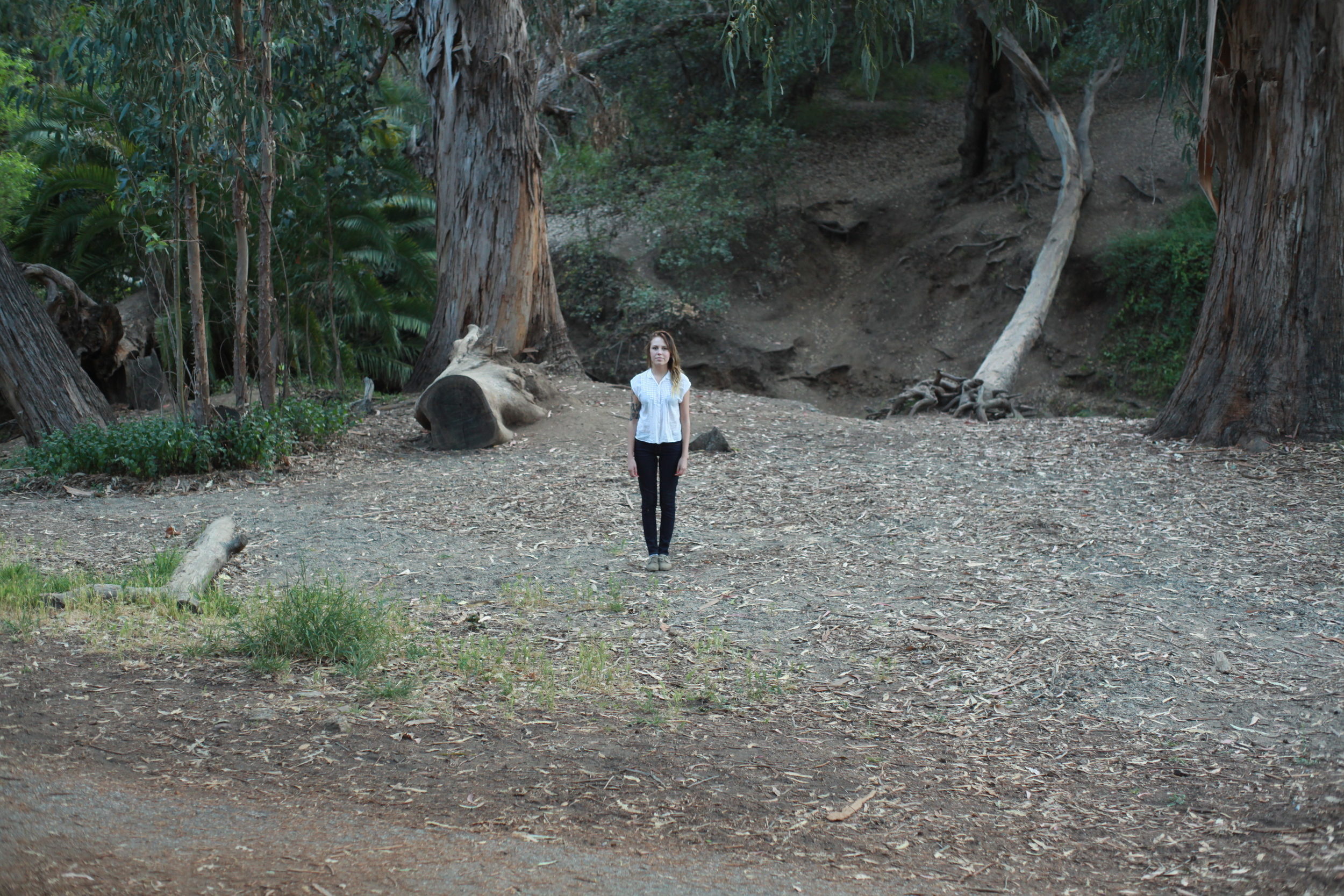Aladdin had his magic lamp. An American couple settles for a special
kettle in “The Brass Teapot,” a fresh riff on “be careful what you wish for” fables, in which things quickly get out of hand after two young
lovers inherit a vessel that rewards them with cash every time they
injure themselves. No pain, no gain, as they say, though they’d better
look out, as the enchanted teapot corrupted Genghis Khan and Hitler
before them. Snapped up by Magnolia out of Toronto, this VOD-led
indie should score some extra coin in limited release, but plays just
fine on smallscreens.
Though the brass teapot’s elaborate backstory is only barely referenced in
the movie, director Ramaa Mosley first developed the idea as a
comicbook, which benefits her feature debut by giving the impression that
the small-scale episode belongs to a far grander mythology (reinforced by
opening credits that place the teapot in famous artworks over the
centuries). Inspired by an original short story she stumbled across online, a
darkly comic cautionary tale in the tradition of W.W. Jacobs’ “The
Monkey’s Paw,” Mosley contacted its author, Tim Macy, and enlisted him
to expand the idea together.
Endearingly played by Michael Angarano and Juno Temple,
twentysomething lovebirds John and Alice can barely make rent when the
teapot falls into their laps. In theory, the two actors make a curious match
— he of the perpetual babyface and she voluptuous beyond her years —
and yet, the early scenes quickly establish that nothing in the world matters
more to them than one another, which is the ideal dynamic for a
supernatural litmus test: This teapot has a way of bringing out the worst in
its owners.
During a country drive, Alice enters a rundown antique store and steals the
ancient device from a knowing old Jewish woman. The episode isn’t quite
so straightforward in that Alice does her shoplifting after surviving a near-
death car accident (evidently rigged to satisfy the teapot’s thirst for
carnage), but the pic’s tone is tongue-in-cheek enough that plausibility
questions don’t slow things down.
Once they get the thing home, it doesn’t take Alice long to discover the
teapot’s powers, and soon she and John are earning stacks of cash simply
by banging, burning and bruising themselves. Where another
writer/director team might have taken the same concept in a darker
direction, Macy and Mosley seem to think there’s no reason they can’t
have fun with it, having John consult “Antiques Roadshow” for an estimate
of the priceless teapot’s value and devising a montage in which the
characters find the most delightful possible ways to cause themselves
pain, from a visit to the tattoo parlor to some light BDSM in the bedroom.
The payouts decrease as they go, however, and a fair amount of the plot
concerns the couple’s increasingly extreme trial-and-error tests as they try
to keep the money flowing. (When the teapot is pleased, it gushes forth
with CG cash; when it’s unsatisfied, we hear only the tinkle of small
change.) The vessel itself comes with a shady occult history, along with a
fair number of tacky stereotypes seeking to possess it, ranging from a pair
of cartoonish Hassidic money-grabbers (Thomas Middleditch, Robert
Michael McClure) to a mysterious Asian figure (Stephen Park). Even the
couple’s white-trash landlord (Billy Magnussen) wants in on the loot.
But all this isn’t nearly as interesting as how the nouveau-riche pair deal
with the temptation before them, and the film is a little too easily distracted
from its central test of character. Continuing a run of tarty-yet-complicated
parts, Temple has the trickier job of the two leads, remaining likable even
as her appetite runs amok, though things stop far short of the genocidal
owners who’ve come before (a measure of restraint that would have
served Richard Kelly well on his similarly themed “The Box”).
Despite the inherent perversity of the concept, Mosley succeeds in
maintaining a certain sweetness throughout. Even more impressively, she
makes her low-budget enterprise look as slick as most midrange studio
comedies, demonstrating herself a director with both imagination and
technical ingenuity. If she wishes to work again, “The Brass Teapot” is likely to make it so.












